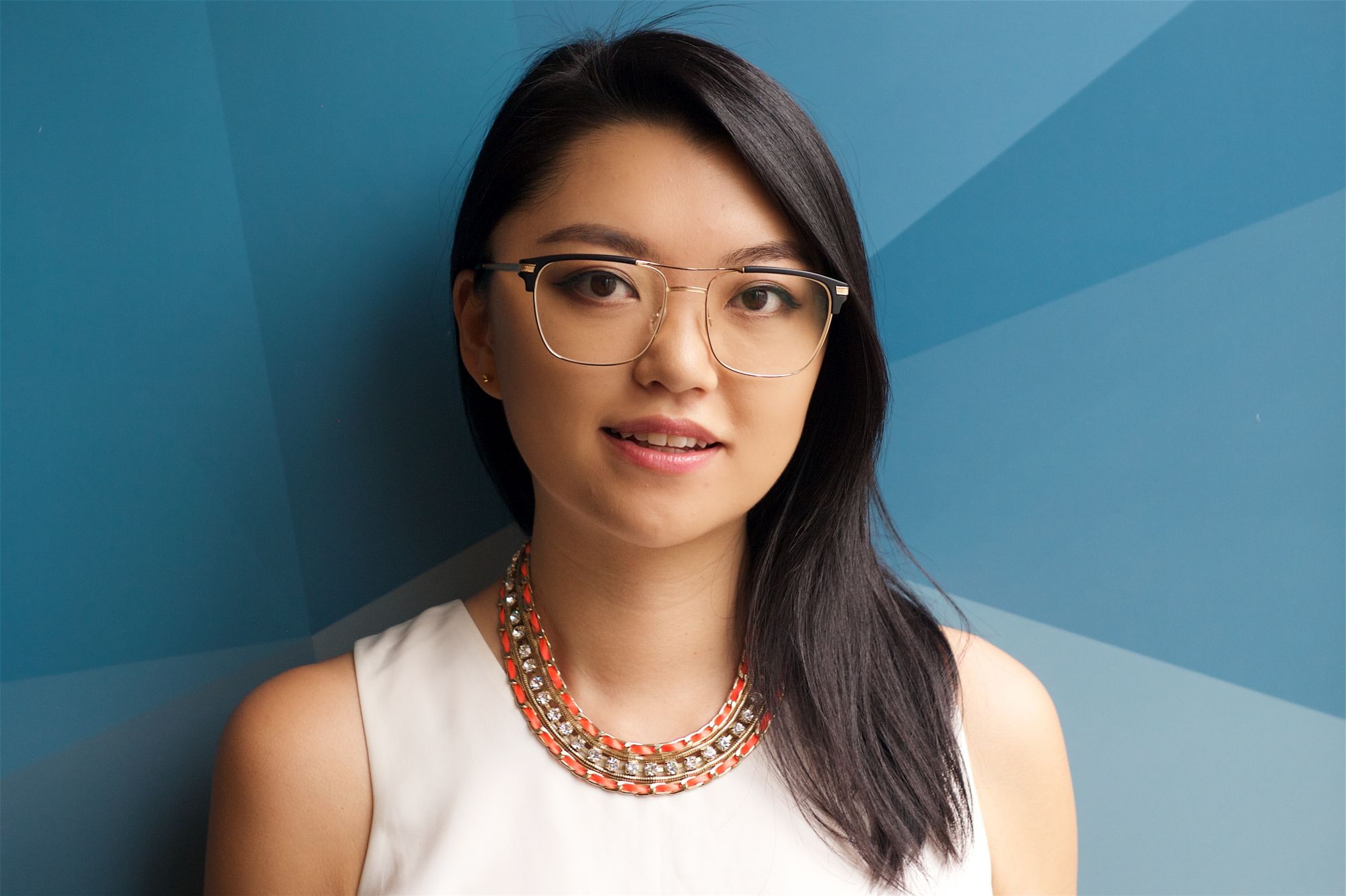Psychologist Jamie Chiu took inspiration from her own experiences as a teenager to develop initiatives to connect Hong Kong students with mental health support
In the What Matters To Me series, a Generation T honouree describes what they do, why they do it, and why it matters
Moving frequently between Ghana, Australia and Hong Kong as a child, Jamie Chiu felt like she didn’t belong anywhere. The hectic pace of her upbringing only slowed when her parents separated and she settled down in Australia with her mother. However, being one of few Asian students in her school, dealing with her parents’ recent split and struggling to fit in gave rise to mental health issues, such as depression and anxiety, during her teen years.
Spurred on by the challenges of discussing her problems with her parents and finding resources at school, Chiu became a clinical psychologist who provides therapy to teenagers in Hong Kong, a city where mental health disorders are prevalent among young people. She also co-founded both The Brightly Project and Good Brain Labs, digital platforms to measure mental health and create programmes to help schools determine which students are at risk.
Here, Chiu describes her work in her own words.
Being from a single parent and immigrant household, I felt like I had to be strong for my mum. I grew up in a very traditional family and none of the women in my family were educated, so from a young age I saw first-hand how much my mum and grandma relied on their husbands. I also saw how difficult that was for them. That’s what made me realise I wanted to pursue my own education and work so that I could become independent.
See also: 10 Women Entrepreneurs You Need To Know In Hong Kong

